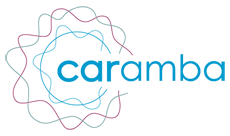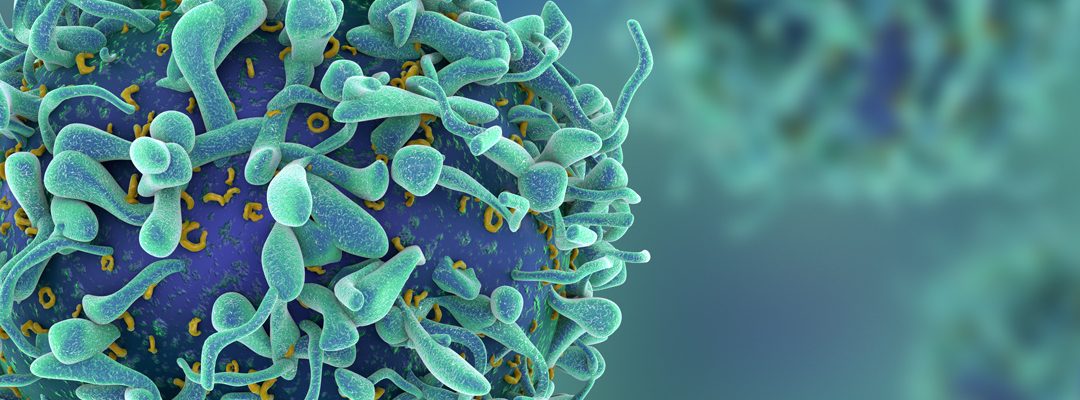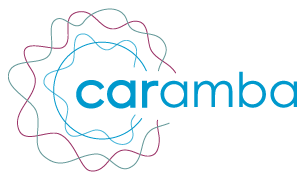Jointly organized by the H2020 projects
EURE-CART
(European Endeavour for Chimeric Antigen Receptor Therapies)
&
CARAMBA
(SLAMF7-CAR T for Immunotherapy of Multiple Myeloma)
29 – 30 January 2020
Meeting Report
EXECUTIVE SUMMARY
On 29th and 30th January 2020, the two EU-funded projects EURE-CART (European Endeavour for Chimeric Antigen Receptor Therapies) and CARAMBA (SLAMF7-CAR T for Immunotherapy of Multiple Myeloma) organized a joint regulatory workshop on the development of CAR-T cells, run-up to the 2nd European CAR T Cell Meeting in Sitges, Barcelona.
The aim of the workshop was to share and discuss regulatory experiences gained during the development of CAR-T cells and the approval of clinical studies using CAR T cells. The first meeting day was held as a closed workshop, for project partners only, allowing open discussions on a very detailed level. For the second meeting day, the European CAR-T community was invited to join discussions with the project consortia and opinion leaders from national regulatory authorities.
With 10 expert speakers, 73 meeting participants and 2 days of interactive sessions with valuable feedback, the successful regulatory workshop will serve as a basis for future common harmonization initiatives.
MEETING DAY 1 – CLOSED REGULATORY WORKSHOP
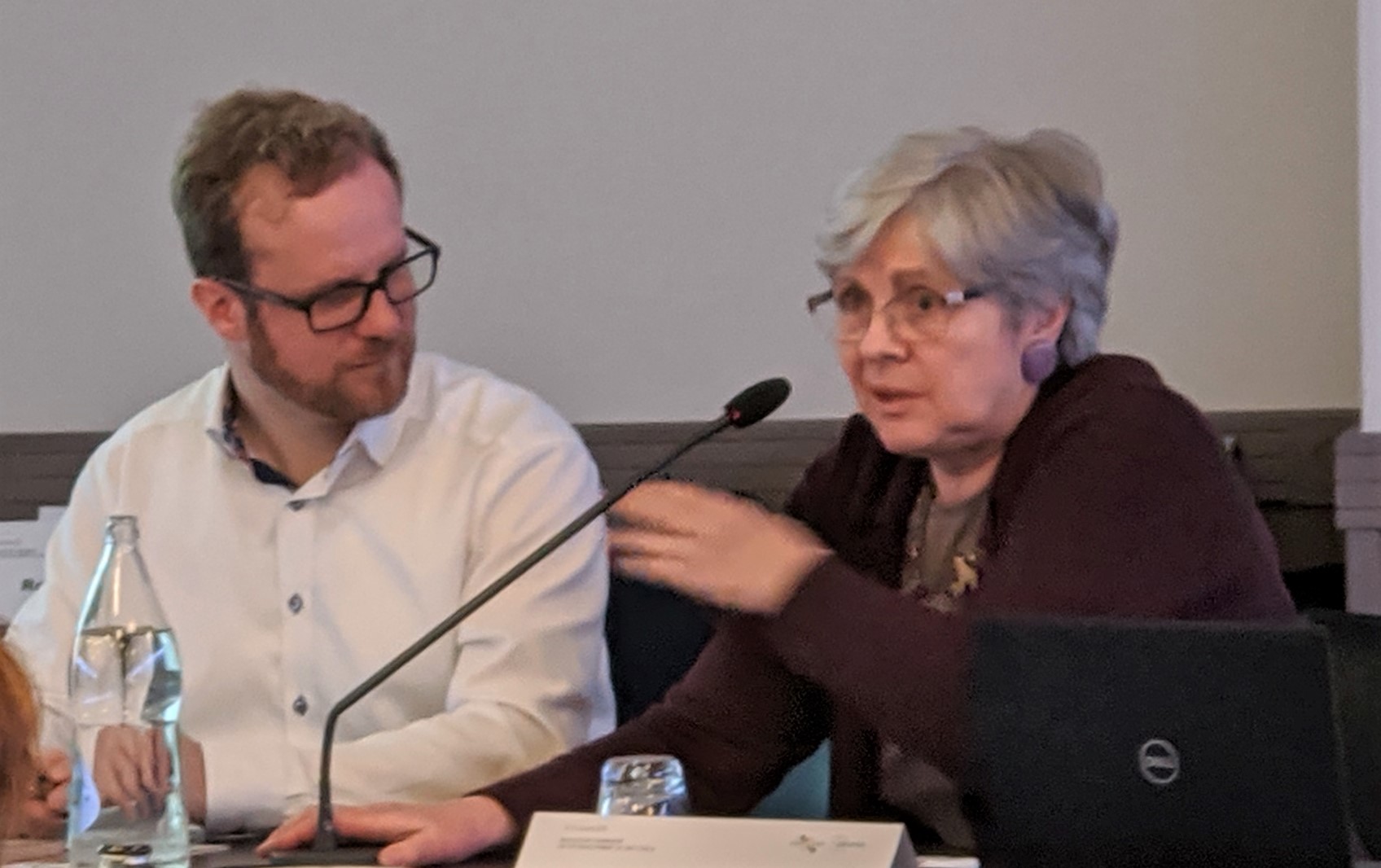
Cordial welcome by Michael Hudecek and Maria Cristina Galli
After a warm welcome by the organizers, the two projects CARAMBA and EURE-CART shared detailed regulatory feedback on a confidential level and discussed common future initiatives.
Find out more about CARAMBA and download the CARAMBA presentation.
Find out more about EURE-CART and download the EURE-CART presentation.
CARAMBA and EURE-CART joining forces

After a long day full of valuable contributions, both consortia were looking forward to the open day and the exciting discussions with the CAR-T community.
MEETING DAY 2 – OPEN REGULATORY WORKSHOP
Welcome by Michael Hudecek and Maria Cristina Galli
The EURE-CART regulatory expert Maria Cristina Galli (Istituto Superiore di Sanità) and the CARAMBA coordinator Michael Hudecek (University Hospital Wuerzburg) cordially welcome all participants and especially all speakers to the joint EURE-CART/CARAMBA regulatory workshop and highly acknowledge the EHA and EBMT for their support preparing the workshop.
The workshop was initiated to create a platform for knowledge and experience exchange, to share recent experiences of the two EU-funded projects EURE-CART and CARAMBA with the community, but also to receive and collect feedback from the audience.
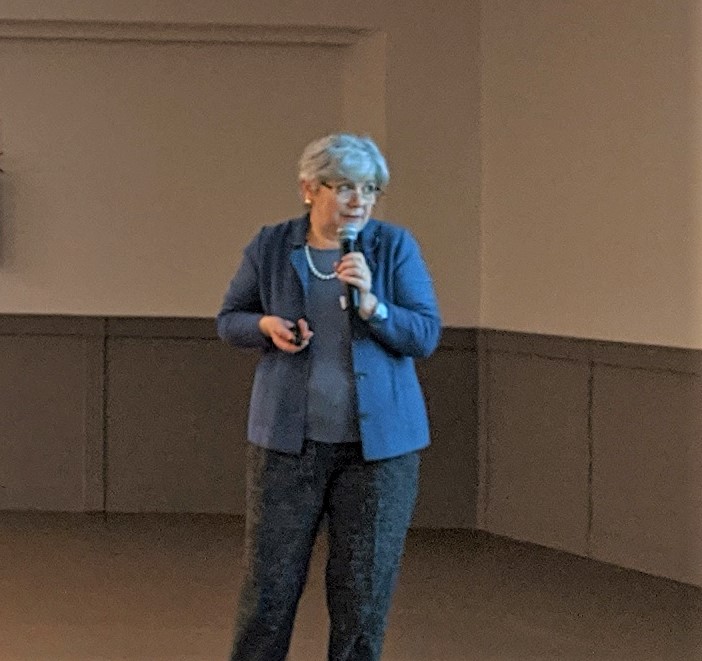
Applicant and assessor – communication is the key to success
In her function as quality assessor for gene therapy and biotechnology medicines and as GMP and GLP inspector, Maria Cristina Galli (Istituto Superiore di Sanità Roma, Italy) provides an overview on key aspects crucial for a successful CAR-T product application. The principle of knowing the product and the disease is considered as fundamental prerequisite. In her presentation, Maria Cristina Galli elaborates the main risks for GTMP and CTMP, addresses CAR-T quality aspects and the role of bioactivity and potency of CAR-T cells.
It is never too early
to contact your national regulatory authority
Martina Schüssler-Lenz, chair of EMA’s Committee for Advanced Therapies and deputy head of the Advanced Therapy Medicinal Products Section at the Paul-Ehrlich-Institute, provides a comprehensive overview on ATMP, the different responsibilities during the authorization process and the way towards clinical trial application. She highlights, that an EU portal for centralised applications is supposed to be set-up by 2021 allowing a very short time of approval. In addition, she stresses the importance of the EMA guidelines on quality, non-clinical and clinical aspects of medicinal products containing genetically modified cells.
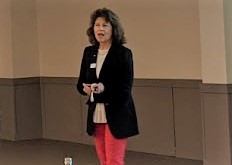
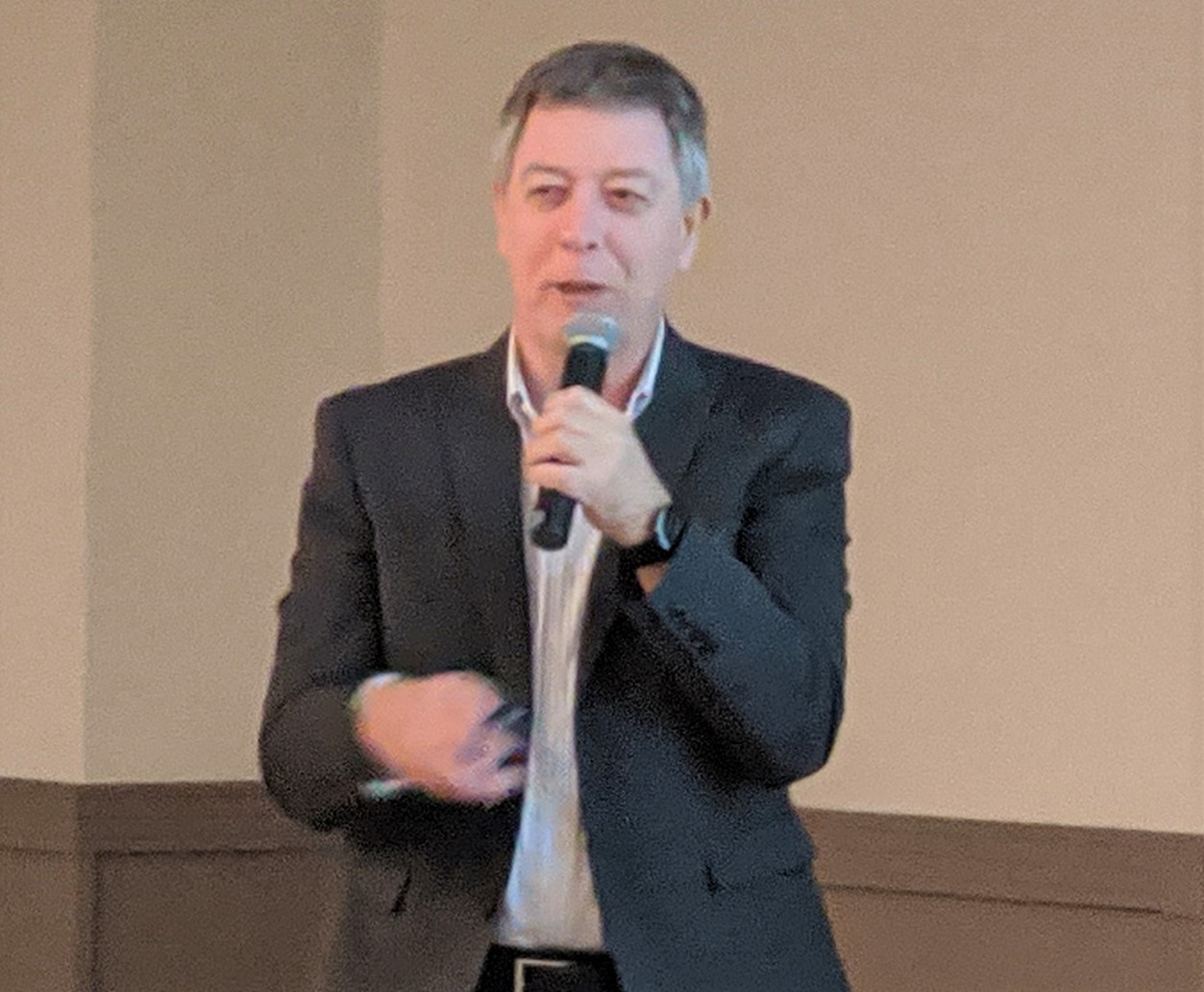
Harmonization efforts on GMO issues for clinical trials with gene therapy products
Marcos Timón, head of service of the Unit for Advanced Therapies and Biotechnology at the Spanish Medicines Agency (AEMPS), describes how GMOs containing Medicinal Products are assessed throughout Europe with respect to compliance with GMO legislation and the efforts made to harmonise those procedures. He points out, that the requirements and the time of consultation can vary between the different member states and that several harmonization objectives have been achieved like country specific information sheets to provide an overview of national regulatory requirements for medical products containing GMOs, a simplified procedure for human cells, genetically modified by means of retro/lentiviral vectors (including a common application form), a simplified procedure for rAVVs clinical vectors and a Q&A document on clinical trials with GMOs.
Requirements for CAR-T cells to enter first-in-human studies:
Views from a regulatory affairs consultant
Robert Doblhofer, regulatory affairs consultant at Granzer Regulatory Consulting & Services, underlines the message to consult national regulators early in the process. He defines the major challenges from a CMC perspective, like the starting material or the manufacturing process validation and stresses the critical point of target liability. In his presentation, Robert Doblhofer also refers to an important new guidance document, not yet published, but already referenced by the Paul-Ehrlich-Institute.
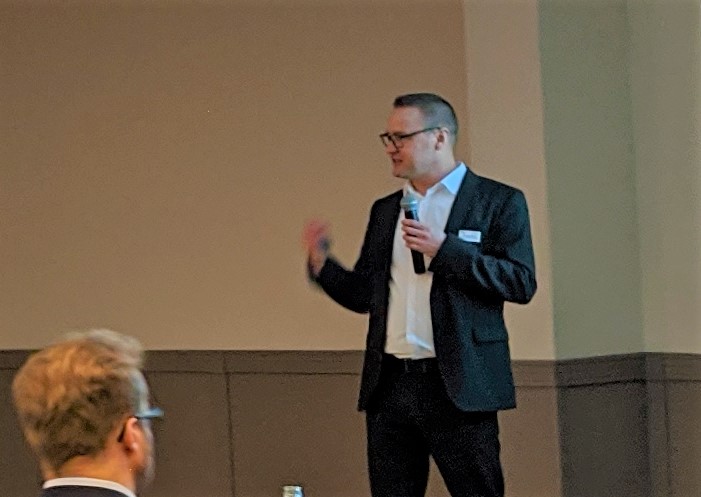
EATRIS: The European Infrastructure for Translational Medicine
Florence Beatrix, head of operations at EATRIS, introduces the European Strategy Forum on Research Infrastructures (ESFRI) and its member associations supporting researchers on their way from basic to clinical research. As the European infrastructure for translational research, EATRIS supports European researchers in the development of their biomedical innovation, thereby covering the five scientific platforms ATMPs, Biomarker, Imaging &Tracing, Small Molecules and Vaccines.

Round table discussion: Harmonisation of first-in-human studies review in the EU
The experts Michael Hudecek, Martina Schüssler-Lenz, Daniele Alberti, Maria Cristina Galli, Marcos Timon, Yuan Zhao, Axel Stahlbom and Robert Doblhofer (ltr) discuss with the audience, whether a European-wide harmonization of regulation processes can influence the number of CAR-T clinical trials. The experts agree that a close interaction and knowledge exchange between the European member states and the training of applicants is important for the harmonization of processes. However, a central application process is discussed controversially. Maria Cristina Galli points out, that different guidelines should not hamper clinical trials but help and protect patients.
Comments from the audiences emphasized the need for one harmonized process and for more transparent information.
Kate Morgan, a representative from the patient organization Myeloma Patients Europe, comments on patient expectations. Patients worry most about safety. She points out that clinical trial protocols are difficult to understand. Therefore, collaborations and an involvement in the study design are highly acknowledged.
CONCLUSION
The joint CARAMBA/EURE-CART regulatory workshop was a unique opportunity to connect European researchers with European regulators, to discuss and understand the mutual needs and to overcome communication barriers. All parties are highly committed to continue joining forces in the future, to harmonize and accelerate processes for the benefit, but also for the safety of patients.
